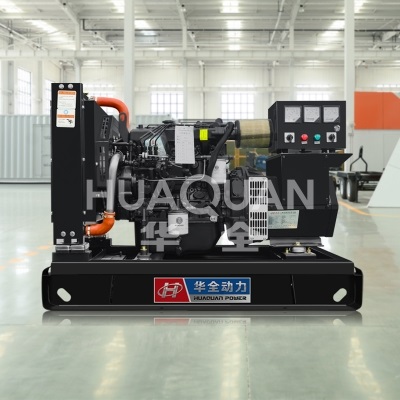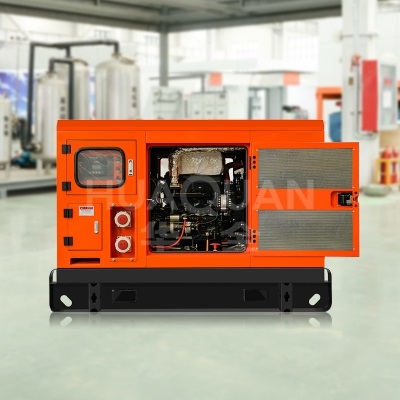1. Poor sealing between piston and cylinder liner: When running under low load, the sealing between piston and cylinder liner deteriorates, causing oil to enter the combustion chamber for combustion and emit blue smoke during exhaust.
2. Decreased sealing effect of turbocharger oil seal: For turbocharged diesel engines, low load or no-load operation will cause the boost pressure to decrease, the sealing effect of turbocharger oil seal will decrease, and the oil will enter the boost chamber and enter the cylinder with the intake air.
3. Carbon deposit formation: After some oil enters the combustion chamber, it cannot be completely burned, and carbon deposits will be formed on the valve, intake duct, piston top, piston ring, etc. Long-term accumulation will cause wear and performance degradation of these parts.
4. Oil leakage: When the oil in the turbocharger boost chamber accumulates to a certain extent, it will leak out from the joint surface of the turbocharger, causing damage to the unit.
5. Increased wear of moving parts: Long-term low-load operation will lead to increased wear of moving parts, deterioration of the engine combustion environment, and ultimately lead to an early overhaul period.

Preventive measures and suggestions:
1. Preparation before starting: Check whether the coolant and engine oil are sufficient before starting each time, and ensure that there are no hidden troubles before starting.
2. Idle time control: Try to avoid long-term low idle or no-load operation to prevent the combustion room temperature from being too low, resulting in incomplete combustion of fuel and carbon deposits.
3. Oil pressure monitoring: Check whether the oil pressure is normal after starting. If there is any abnormality, stop the machine for inspection immediately.

